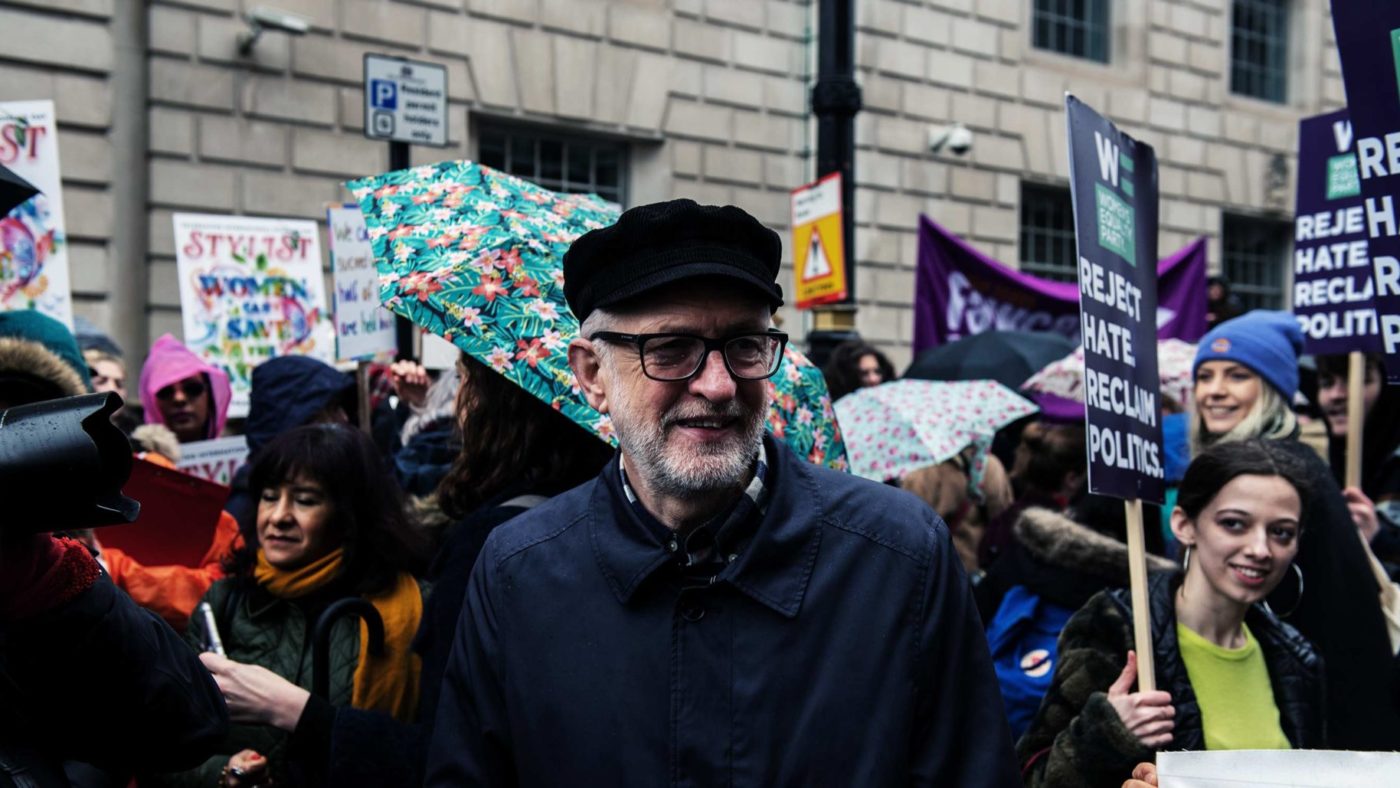“I was denounced as somebody that wanted to spend more money than we could possibly afford in order to right the social wrongs of this country. I didn’t think that it would take only three months to be proved absolutely right by the amount of money the government is now prepared to put in and Parliament has just voted through to deal with the coronavirus crisis.”
Future historians looking for a neat summary of the Corbyn years could glean quite a lot from his valedictory BBC interview this week. It perfectly mixes the crudeness of the man’s political outlook – assuming that spending alone can solve a country’s problems – and the boundless vanity of seeing a massive crisis as some kind of personal vindication.
His words are a reminder that for all the chin-stroking columns about what ‘Corbynism’ meant, it was never really about much more than Corbyn himself. Certainly, he offered no great political or policy innovation. Instead we had four years of off-the-peg 70s leftwingery, burnished with airy platitudes about “grotesque inequality” and “social justice”. Indeed, the only really interesting aspect of the Corbyn phenomenon was the disparity between his limited political abilities and the ardour and dedication of his supporters.
Given how strange life has become in the last few weeks, it is easy to forget just how bizarre the last few years of British politics have been. It became a cliche to call Corbyn and his supporters a cult, but in truth they resembled nothing so much as a grimly absurd circus.
There was the endless internal chaos – the vote of no confidence, mass defections, never-ending anti-Semitism and the appointment of real, live Stalinists to the leader’s inner circle. Then there were the countless celebrity endorsements, Grime4Corbyn, the chanting hordes at Glastonbury, and the sudden elevation of the ‘new left’ social media grifters.
But by far the weirdest moment was that time in 2017 when a party offering an explicitly socialist programme, led by the least capable leader in its history, won over 40% of the vote. That was a measure not just of a dire Tory campaign, but real enthusiasm for a different kind of politics and huge frustrations among a large part of the country, not least with the high cost of living.
Still, Boris Johnson’s subsequent triumph should not obscure just how close we came to a group of student union cranks getting their hands on the actual government of the country. Nor should free marketeers kid themselves that the vanquishing of Corbyn means that economic liberalism has reasserted itself – if anything, the response to the coronavirus crisis means the fight for limited government and truly free markets has never been more urgent. And remember, if a politician of Corbyn’s modest abilities can come that close to power, imagine what someone with a bit more charisma and political nous could do.
Whether or not Keir Starmer is that person is impossible to say at this point. Barring a huge shock, the former lawyer will next week begin a notoriously difficult job at an extraordinarily difficult time. As Tom Harris wrote earlier this week, he won’t get any kind of honeymoon period to really make an impression on the British public.
Deprived of a proper national platform, Starmer’s best bet may be to assert himself over his own party. One of his first decisions will be what to do with his predecessor. There have been calls in some quarters for Corbyn to carry on in a frontbench role – shadow foreign secretary, perhaps?
If Starmer is serious about re-establishing Labour as a credible force, he should ignore any such suggestions and banish Corbyn to the backbenches – where he has always belonged.
Click here to subscribe to our daily briefing – the best pieces from CapX and across the web.
CapX depends on the generosity of its readers. If you value what we do, please consider making a donation.


